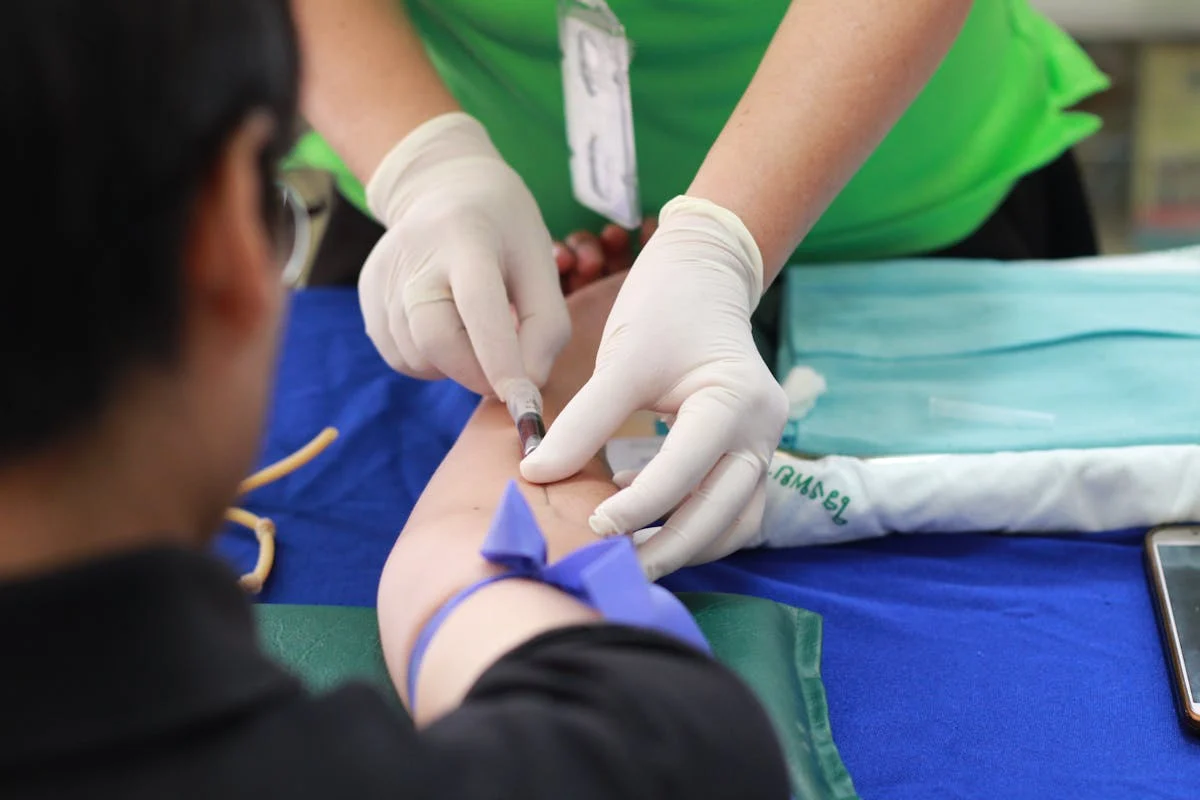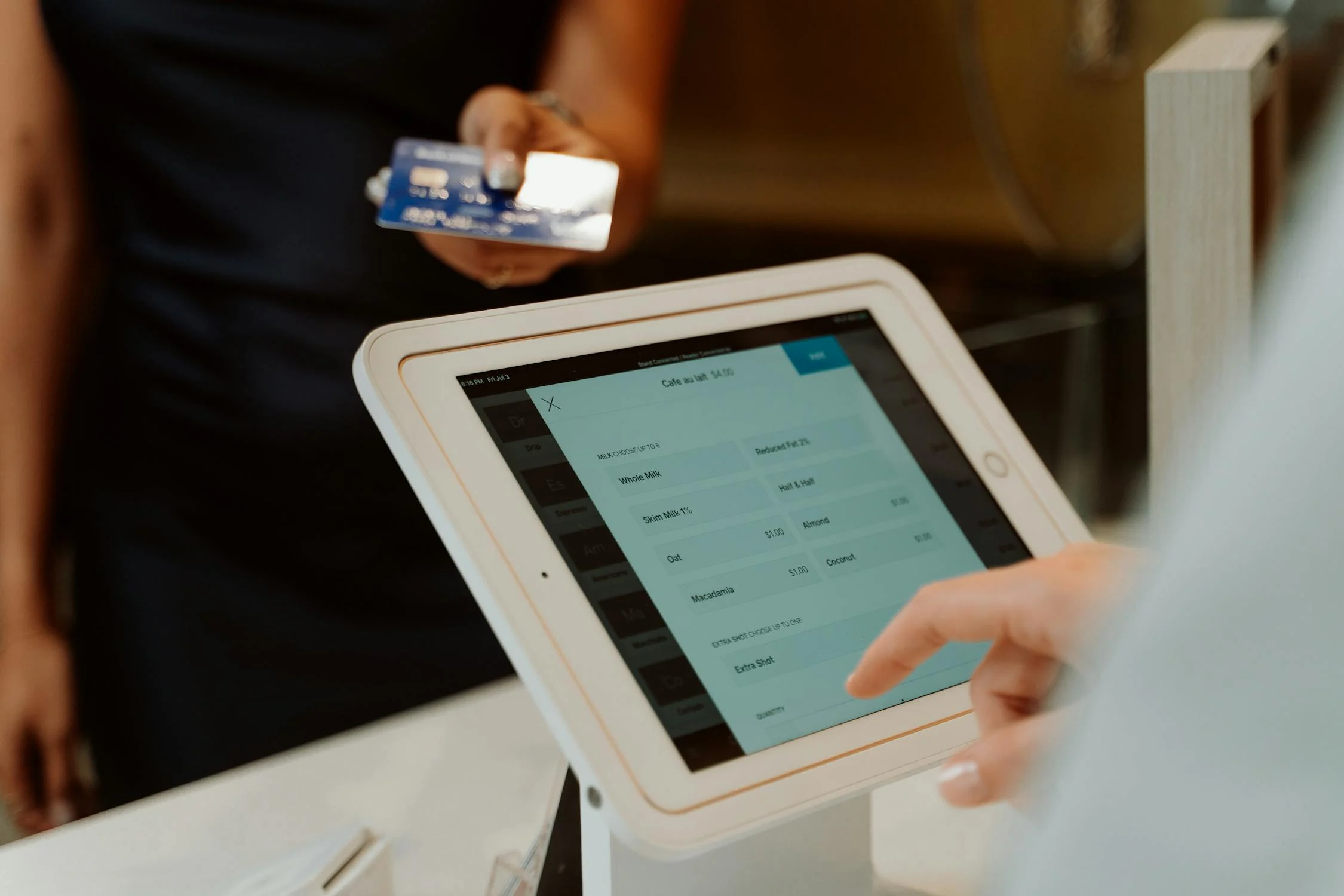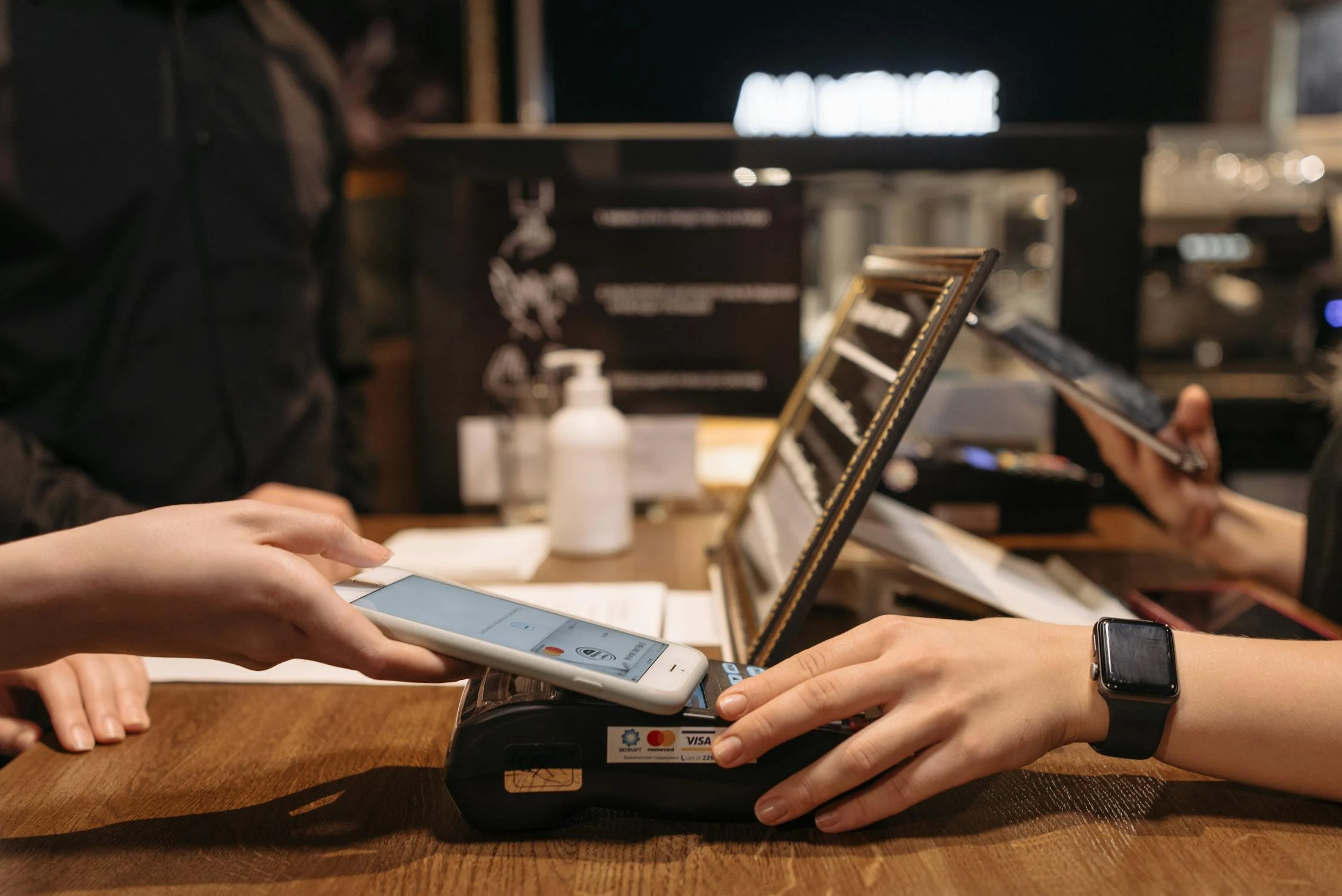HRSA Compliance: Outsourcing 24/7 Nurse Triage to Meet Operational Requirements

Introduction
Federally Qualified Health Centers (FQHCs) must meet stringent Health Resources and Services Administration (HRSA) requirements, including 24/7 access to care, to maintain funding and deliver equitable services. However, providing round-the-clock nurse triage in-house strains budgets and staff, with 60% of FQHCs struggling to comply due to staffing shortages (NACHC, 2024). Non-compliance risks HRSA penalties or grant losses, threatening financial stability. Outsourcing 24/7 nurse triage, enhanced by artificial intelligence (AI), offers a solution by ensuring seamless patient access while reducing costs by 20-30%. AI-driven tools improve call handling, prioritize urgent cases, and streamline documentation, boosting compliance and patient satisfaction by 15-25%. Benefits include reduced clinician burnout, optimized resources, and sustained HRSA funding. This article explores two AI-powered features—automated triage prioritization and intelligent call analytics—supported by real-world examples. The result? FQHCs meet HRSA mandates efficiently, enhancing care delivery and securing their mission.
1: Automated Triage Prioritization
A critical AI feature for outsourced nurse triage is automated triage prioritization, a process that enhances efficiency and compliance with HRSA’s 24/7 access requirement. FQHCs must ensure patients receive timely guidance, but in-house triage often overwhelms staff, with 70% reporting high burnout (AMA, 2024). Outsourced triage services handle off-hours calls, but without AI, they risk delays in urgent cases. AI uses natural language processing (NLP) and machine learning (ML) to analyze patient symptoms in real-time, prioritizing calls based on severity—e.g., chest pain over minor complaints.
For example, AI can escalate a call about shortness of breath to a nurse within minutes while routing routine questions to follow-up care. A 2024 HIMSS study found that AI prioritization reduced response times for urgent cases by 40% and improved triage accuracy by 35%. For FQHCs, this ensures compliance with HRSA’s mandate for immediate access, avoiding penalties that can exceed $100,000 annually.
The people impact is significant. Outsourced nurses, supported by AI, handle 20-30% more calls efficiently, reducing stress. FQHC clinicians avoid after-hours disruptions, preserving work-life balance; 65% of providers using outsourced triage report lower burnout (AHA, 2024). Administrators gain compliance reports, strengthening HRSA audits. Patients benefit from faster responses, with satisfaction rising 20%.
The result is clear: seamless HRSA compliance, reduced costs ($50,000-$150,000 saved yearly), and improved care access. Automated prioritization ensures FQHCs meet mandates while maintaining staff and patient trust.
2: Intelligent Call Analytics
Another transformative AI feature is intelligent call analytics, a process that optimizes triage performance and supports HRSA compliance. FQHCs must document triage interactions to prove 24/7 access, but manual logging is time-consuming and error-prone, with 50% of FQHCs citing documentation gaps in audits (HFMA, 2024). AI analytics automatically record and analyze call data—symptoms, outcomes, and response times—generating real-time insights to improve operations and compliance.
For instance, AI identifies patterns, like frequent calls about diabetes management, prompting FQHCs to enhance patient education. A 2024 McKinsey study found that AI analytics improved triage documentation accuracy by 45% and reduced audit findings by 30%. For FQHCs, this strengthens HRSA grant applications, which tied $2.5 billion to compliance in 2023. Analytics also track call volumes, optimizing staffing contracts with outsourced providers, saving 10-15% on costs.
The people benefit is substantial. Outsourced nurses receive AI-driven feedback on performance, boosting confidence; 60% report higher job satisfaction (HIMSS, 2024). FQHC administrators use analytics to monitor service quality, ensuring alignment with HRSA standards without micromanaging. Clinicians benefit from data-driven program adjustments, like telehealth expansion, improving care delivery. Patients see faster, more consistent responses, enhancing trust.
The outcome is compelling: robust compliance, cost savings, and scalable triage. Intelligent analytics empower FQHCs to meet HRSA requirements, secure funding, and reinvest in community health initiatives.
3: Real-World Examples
Real-world cases illustrate AI’s impact on outsourced triage. Zufall Health, a New Jersey FQHC serving 40,000 patients, outsourced 24/7 triage with AI prioritization to meet HRSA mandates. The system flagged urgent cases—like asthma attacks—reducing response times by 50%. Compliance audits passed with zero findings, securing $1.2 million in HRSA funds. Costs dropped 25% ($100,000 yearly), and patient satisfaction rose 18%. Staff avoided after-hours calls, with burnout falling 20%. Zufall’s case shows how AI ensures access and stability.
In California, La Clinica de La Raza used intelligent call analytics to enhance its outsourced triage service. AI tracked call patterns, revealing gaps in mental health support, prompting new programs. Documentation accuracy hit 95%, cutting audit risks and saving $80,000 in penalties. Triage costs fell 15%, and patient access scores improved 22%, boosting HRSA quality ratings. Clinicians reported 25% less stress with streamlined referrals. This highlights analytics’ role in compliance and care.
A Michigan FQHC network combined both AI features, targeting HRSA violations from poor triage access. Automated prioritization cut urgent response times by 45%, and analytics reduced documentation errors by 40%. The network saved $120,000 annually and gained $1.5 million in grants. Patient satisfaction surged 20%, and staff retention rose 15%. These results, backed by a 2024 NACHC report showing AI triage cut FQHC costs by 20-30%, prove the benefits: millions secured, staff relief, and enhanced patient trust.
Conclusion
HRSA compliance is non-negotiable for FQHCs, and outsourcing 24/7 nurse triage with AI makes it achievable. Automated triage prioritization slashes response times by 40%, while intelligent call analytics cuts documentation errors by 45%, ensuring seamless access and audit success. Real-world successes—Zufall’s $1.2 million in grants, La Clinica’s 22% access boost, and a Michigan network’s $1.5 million—demonstrate AI’s power. These tools save $50,000-$150,000 yearly, reduce burnout, and improve patient satisfaction by 15-25%. As HRSA scrutiny grows, AI-driven triage is essential for funding and care continuity. FQHCs must act to leverage these solutions and thrive.
Don’t risk HRSA penalties. Assess your triage gaps today and explore AI-enhanced outsourced services to ensure compliance and save costs. Start now to strengthen your FQHC’s future.
References
- National Association of Community Health Centers (NACHC), 2024 Report
- Healthcare Information and Management Systems Society (HIMSS), 2024 Study
- American Hospital Association (AHA), 2024 Survey
- Healthcare Financial Management Association (HFMA), 2024 Study
- McKinsey & Company, 2024 Healthcare Compliance Report
- American Medical Association (AMA), 2024 Burnout Study
No Spam —
Just Good Stuff.
Join our newsletter for actionable advice, insider knowledge, and strategies that drive real results.
No fluff, just value.
%20(1).png)

.png)

















.jpg)
.png)

.png)
%20(1).jpg)
.png)